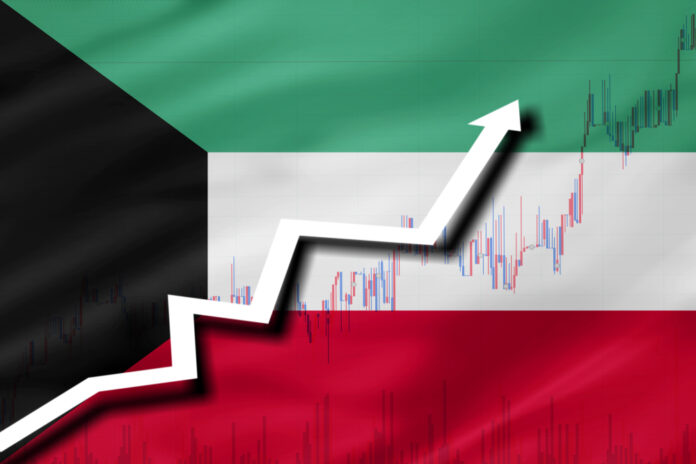RIYADH: Kuwait saw a 4.4 percent rise in consumer price inflation in the first quarter of 2022 year-on-year driven by steps to contain COVID-19 and the Russia-Ukraine conflict’s impact on the global supply chain, according to the country’s National Bank.
The report issued by the economic research department of the bank, however, said the US Fed-driven tightening monetary policies may soften inflation.
The rate of inflation rose a mere 0.1 percent from the previous quarter.
Moreover, the country witnessed an increase of 4.4 percent and 4.7 percent year-on-year in consumer price and core inflation respectively, versus a corresponding 4.3 percent and 4.6 percent in December 2021.
Food price inflation stood at a rate of 7.2 percent in March 2022, depicting elevated prices despite a slight drop from March 2021. Food and beverages weighed 17 percent in the 2021 consumer price index, and so played a significant role in headline inflation.
Kuwait’s housing prices rose 2.3 percent year on year in March.
“The indications are that after several years of stagnation, prices could start firming as landlords look to recoup higher construction costs and as demand in the mid-level expatriate rental market stabilizes after the pandemic,” the report said.
The most impactful price rises in Kuwait’s core inflation, which disregards food and housing, was recorded in education, clothing and transport at 19 percent year-on-year, +5.7 percent and +4.8 percent.
Global inflationary pressures are expected to extend in 2022. “The inflation outlook in 2022 is likely to be one of persistent price pressures, especially amid the ongoing Ukraine conflict, which is having an outsized impact on global food and energy prices,” the report added.
According to the report, US Fed’s tightening monetary policies may have a positive impact on Kuwait as well since its currency is partially pegged to the dollar.

